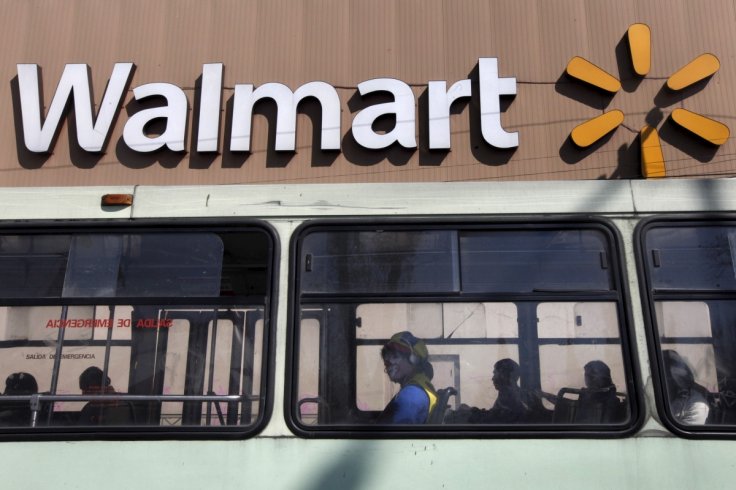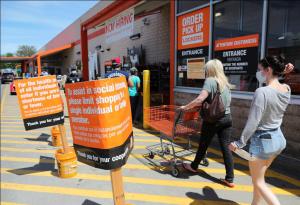Walmart-like businesses, grocery stores, banks, dentists and universities should open early as communities reopen after the coronavirus lockdowns, suggests new research.
The study was led by an initiative by the Massachusetts Institute of Technology that did a cost- benefit analysis of 26 different location types in order to determine the trade-off between someone's relative risk of getting infected by the novel coronavirus during a visit and the importance of that establishment in that person's life and also to the economy, according to the study published in Proceedings of the National Academy of Sciences.
The researchers used anonymous geolocation data from 47 million phones in tracking where they went in the United States between February and March.

The study recommended that cafes, gyms, sporting goods stores, bookstores, tobacco and liquor stores be kept closed until later.
Risk Factors of Locations
Using the data, the researchers found the risk factors of a location based on how much physical contact someone would have in a given location, the number of hours spent in that place, if it is crowded or not, how many visits they would make, and also the number of unique visitors they may encounter.
They included the visits by people who were 65 and above and the distance they traveled to that location. Using the US Census statistics and nationally representative consumer survey data, the researchers measured economic benefits.
In doing so, they found some surprises.
Surprises

The researchers wrote in the report: "We find colleges to offer a relatively good trade-off, but most have shut down, leading to a 61 percent decline in visits."
Conversely, they found liquor and tobacco stores as comparatively poor trade-offs. Because of "mediocre economic importance" and they are small busy stores, the number of visits to this category has declined by less than 5 percent.
When it came to grocery stores, they had an obvious benefit, while museums and movie theaters were of relatively low importance.
"Hardware stores are the location which has seen the largest increase in visits, as individuals scrounge for personal protective equipment and other home supplies," the researchers note.
The research would help policymakers figure out how to reopen the economy safely keeping in mind the increasing COVID-19 cases in some regions.









